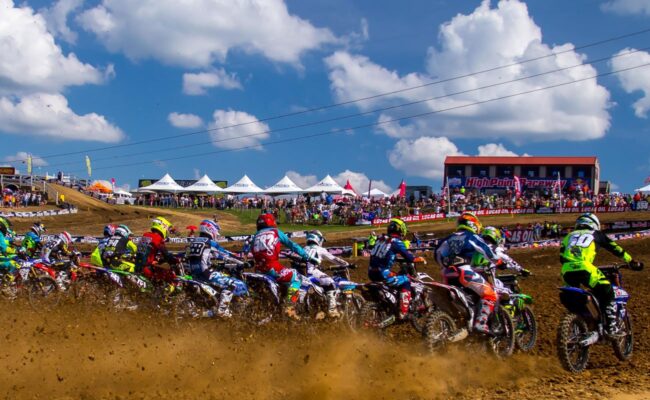Women in Greene
Take a look into our history as we feature a few of the women that had an impact on Greene County, Pennsylvania. From sisters continuing with their father’s philanthropy to an actress with King Coal roots. Or a colonial settler abducted and returned by Native Americans to Greene County’s first female physician.










